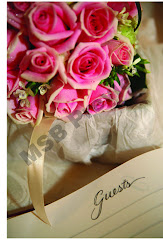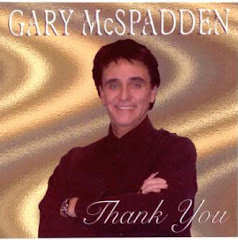I came across this while working on another project, today. It opens a lot of discussion avenues for the future and for those who wonder about their publishing careers.
http://followthereader.wordpress.com/2009/05/14/bowker-reveals-new-book-buying-realities/
The presentations from the Making Information Pay conference organized by publishing consultants Mike Shatzkin and Ted Hill for the Book Industry Study Group are now up on the web.
Most readers now get book information online
* 67% of readers say they find reviews online vs. in traditional print media
* 54.8% rely on online/internet ads to find books
* 24.8% rely on retailer e-mails
Seniors are embracing e-readers and e-books
* Of Kindle owners, people 50 or older are the biggest adopters, followed by 18-34 year olds
* 35-49 year olds who read e-books prefer doing it on their iPhones
* But most people (48%) are still using their computers or laptops to read e-books
* E-book sales grew 183% among seniors aged 65+ and 174% among seniors aged 55-65
Sales channels skew by age
* Online is the #1 selling channel: 23% of the market vs. retail chains at 21%
* Younger readers are big supporters of bricks and-mortar retail, while older buyers tend to buy online
* 20% of all female buyers and 16% of female buyers 65+ buy books through traditional consumer book clubs
Here are more highlights for all the omnicurious number crunchers out there. There’s lots to chew on and discuss. We welcome your comments below!
Who was reading in 2008
* 45% of Americans read a book last year
* The average age of those who read a book was 44
* 58% of readers are women
* 32% of readers are over the age of 55
* The average reader spends 5.2 hours reading per week vs. 15 hours online and 13.1 hours watching TV (In 2008, going online surpassed watching TV as a primary activity)
Who was buying books in 2008
* 50% of Americans over 13 bought a book
* The average age of the most frequent book buyers was 50 years old
* 57% of book buyers are female and they buy 65% of books (e.g. women buy books and they buy in volume)
* 67% of books were bought by people over 42; Gen Xer bought 17% of books; Gen Y bought 10%
* Of books purchased by those who earn $100K or more, mystery and detective fiction represent 16% of sales, juvenile 13%, romance 6%, thrillers 4%, and comics and graphic novels 4%
* 41% of all books are purchased by those who earn less than $35K
* The average price of a book purchased last year was $10.08
* 31% of all book purchases are impulse buys
Who bought what digitally in 2008
* People 50 or older are leading the way in adopting the Kindle, followed by those 18-34
* People 35-49 prefer using their iPhones to read e-books
* But most people (48%) are still using their computers or laptops to read e-books
* While e-books are1.5% of the total book market, ebook sales grew 125% overall in 2008
* E-book sales grew 183% among seniors aged 65+ and 174% among seniors aged 55-65
Today’s fiction consumer
* Mystery/Detective and Romance account for more than half of all fiction people buy
* Fiction buyers in every category are predominantly female
Where people bought in 2008
* Online is the #1 selling channel: 23% of market, vs. retail chains at 21% (these numbers flipped in 2008 vs. 2007, when retail chains were at 23%)
* 21% of fiction was purchased online in 2008
* Younger readers are bigger supporters of bricks and-mortar retail while older buyers buy online
* Traditional book clubs (e.g. Bookspan) still capture significant part of older adult market – 20% female buyers and 16% of 65+ female buyers
How people became aware of books in 2008
* 67% say they see reviews online vs. in traditional print media
* 54.8% rely on online/internet ads to find books
* 24.8% rely on retailer e-mails
* 15.7% rely on ads in newspapers and magazines
* 21% of fiction purchases in 2008 were based on online awareness, with online book reviews the lead source of information (6.2%), followed by online ads (4.8%), the author’s personal website (4.6%), e-mails from retailers (3.2%), publisher’s website (2.9%) and online forums, blogs, Google and Yahoo searches (1.1%).
* Fantasy readers and romance readers are more active on social networks than thriller and mystery lovers
Don't Quit Your Day Job
1 day ago








No comments:
Post a Comment